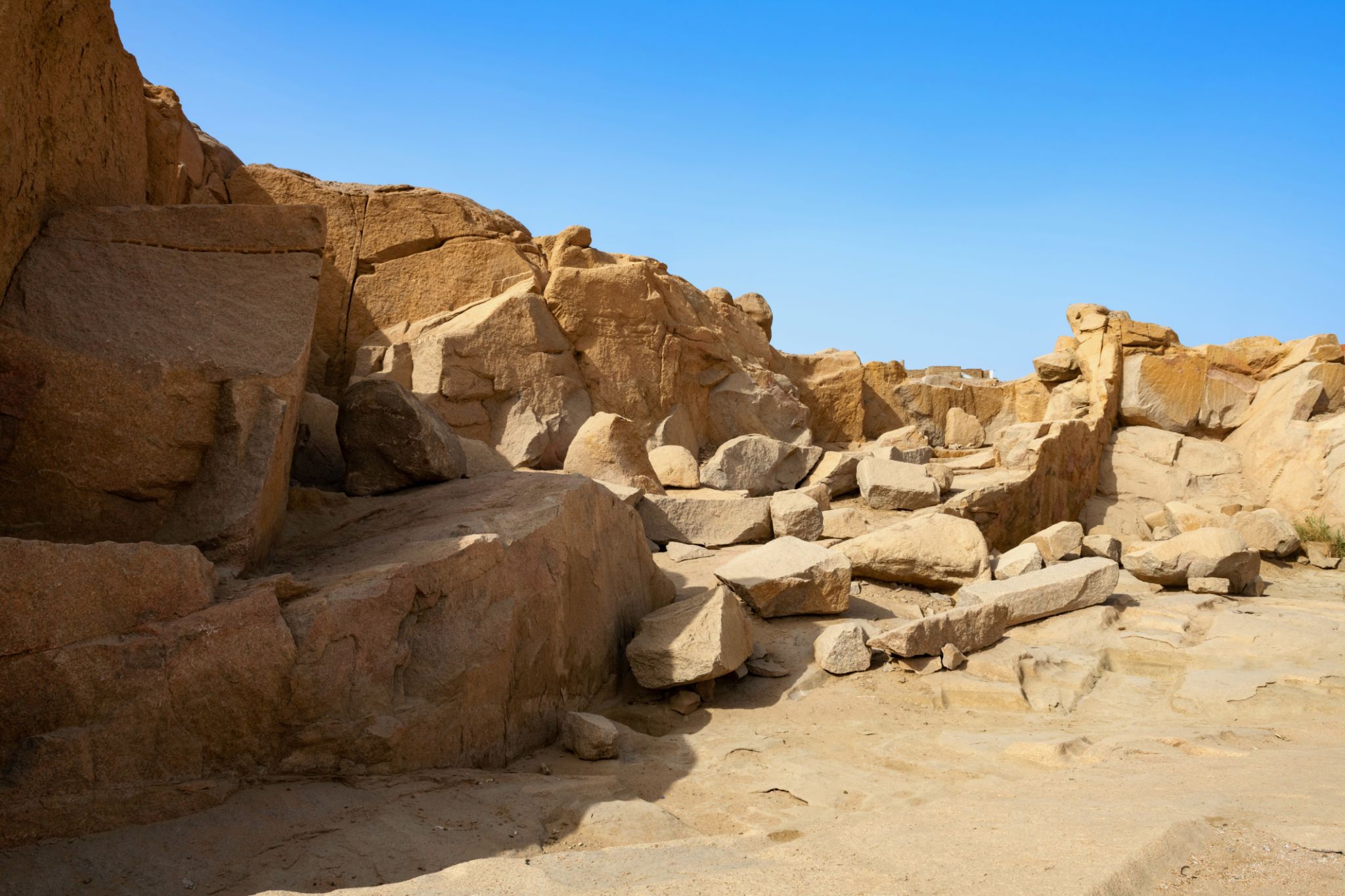Sustainable Sourcing of Natural Stones in Egypt
Understanding the Importance of Sustainable Sourcing
The natural stone industry plays a significant role in the global economy, particularly in countries rich in these resources, like Egypt. With the rise of environmental consciousness, the focus has shifted towards sustainable sourcing practices. This approach not only preserves natural habitats but also ensures the longevity of the stone industry for future generations. Sustainable sourcing involves responsible quarrying, reducing waste, and minimizing the environmental impact.

Egypt's Rich Heritage in Natural Stones
Egypt is renowned for its abundant reserves of natural stones, including limestone, granite, and marble. These stones have been integral to Egyptian culture and architecture for centuries, with iconic structures like the Pyramids and temples showcasing their historical significance. Today, the country continues to be a key player in the global stone market, making sustainable practices even more crucial.
The natural beauty and durability of these stones make them highly sought after in construction and design. However, ensuring that they are sourced sustainably is essential for protecting Egypt's rich heritage and natural landscapes. Sustainable sourcing requires not only adhering to environmental regulations but also investing in technology and practices that reduce ecological footprints.
Key Principles of Sustainable Sourcing
To achieve sustainable sourcing of natural stones, several key principles must be followed:
- Responsible Quarrying: Implementing techniques that minimize land disruption and preserve biodiversity.
- Efficient Resource Use: Maximizing yield from quarrying operations to reduce waste.
- Eco-friendly Transportation: Reducing carbon emissions by optimizing logistics and using cleaner fuels.

Technological Advancements Supporting Sustainability
Technological innovations play a pivotal role in promoting sustainable practices within the stone industry. Advanced machinery and extraction techniques help reduce waste and energy consumption. For example, precision cutting tools minimize material loss during processing, which translates to a smaller environmental footprint. These advancements ensure that the extraction of natural stones aligns with contemporary sustainability goals.
In addition to machinery, digital tools aid in planning and monitoring quarry operations. By using data analytics and mapping technologies, companies can enhance their resource management, ensuring that quarrying activities do not compromise ecological health.
The Role of Certifications and Standards
Certifications and standards are vital for promoting sustainable sourcing. They provide a framework for companies to follow, ensuring that every step of the process meets environmental and ethical guidelines. Certifications such as ISO 14001 encourage businesses to implement environmental management systems, fostering accountability and continuous improvement.

The Future of Sustainable Stone Sourcing in Egypt
The future of sustainable stone sourcing in Egypt looks promising as more companies recognize the importance of adhering to eco-friendly practices. By embracing sustainability, these businesses not only contribute to environmental conservation but also gain a competitive edge in the global market. As consumer demand for ethically sourced products grows, sustainable practices will become increasingly crucial for maintaining market relevance.
Moreover, government initiatives and international collaborations could further support this transition by providing incentives and resources for sustainable development. With concerted efforts from all stakeholders, Egypt can continue to lead in the natural stone industry while safeguarding its natural treasures.
